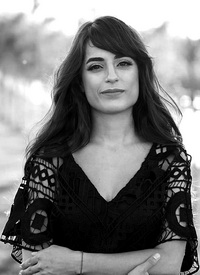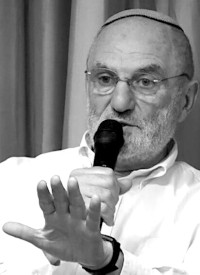
The Internet magazine "Liva" [“Left”] began its work ten years ago. The specificity of this left-wing site was that it appeared on the eve of the steepest right turn in Ukrainian history. At the very moment when the transition from bourgeois democracy to a nationalist regime was already completely predetermined, and remained only a matter of time. Because a broad class front fought for this change, from street Nazis and oligarchs to liberal "civil activists" backed by the embassies of foreign powers.
We were well aware of these prospects and had no illusions about the future of the Ukrainian and post-Soviet left. Warnings about the right-wing dictatorship, which was prepared for Ukraine by the logic of the global crisis, the tasks of destroying the welfare state and the goals of imperialist expansion in Eastern Europe, were a refrain in our articles -- although they might have seemed like alarmism at that time. We saw the weakness of the left, which virtually did not try to resist this destructive process, and predicted that the right would become power, with all the ensuing consequences for the country.
“The liberal-nationalist consensus dominating in Ukrainian society completely excludes the left agenda -- but at the same time openly tolerates the ultra-right xenophobic ideology, which remains a powerful weapon in the fight against the potential resurgence of the left. Nationalism, which is the secular religion of the domestic intelligentsia, allows directing social discontent against internal and external enemies -- which ensures the sanctity of the ruling elite and contributes to the political success of the Nazi forces,” I wrote in the first “Liva” editorial, under the characteristic title “Challenge to Hegemony.”
The creation of a Marxist journal did indeed challenge the prevailing sentiments and trends. Anti-communism had become a trend long before the start of the Euromaidan, and it was clear that the Ukrainian left would face marginalization and repression. Perhaps we understood this better than others -- after all, the concept of the “Liva” website was formed after visiting Latin America, the Middle East, Southeast Asia and Southern Africa. Studying the history of these regions, we became convinced that Ukraine was ripe for the implementation of the classical model of dependent ultra-right regimes -- adjusted for the new realities of the 21st century. The left should have been preparing for the inevitable. Moreover, in the absence of influential movements and parties, we could only count on the creation of an information platform -- in order to preserve the ability to voice our own positions.
Trying to swim against the tide might not seem like a good idea from the outside. But sometimes it’s the only way not to sink to the bottom, or not to be swept away in someone else's political mainstream. We knew that the task was difficult -- but we agreed that in the near future the Marxists would not have any more convenient moment to launch their own resource, since events would develop in a scenario from bad to terrible. And we began to develop its activities against the background of the rapid rise of the ultra-right "Svoboda," which witnesseda tectonic shift in public sentiment and became the prologue to the right-wing coup of Euromaidan.
“Liva” was originally conceived as a non-profit publication capable of maintaining a fairly high quality standard. The magazine had to rely on motivated people with professional experience in the media, capable of systematic work, in return for which they would get nothing but trouble and a sense of satisfaction for the results of their own work. We knew that the Ukrainian left had a long, long-distance run ahead, and we were not going to repeat the standard fate of short-lived resources that existed only until their creators ran out of enthusiasm -- or until the grants allocated for these projects ran out.
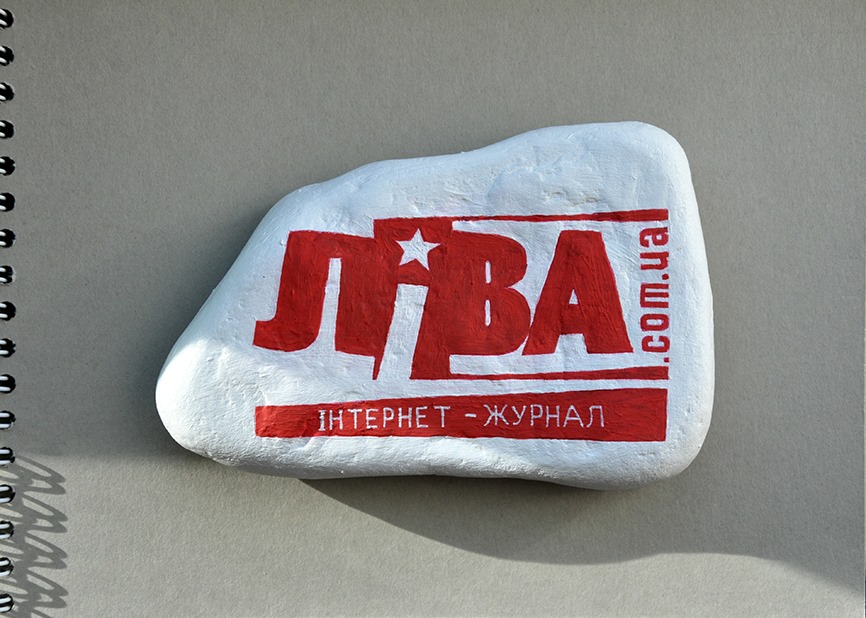
Painted on stone by artist Angela Jericho, 2020
This reserve of strength, readiness to resist the growing pressure, allowed us to survive and develop after 2014 -- when anti-communism turned into the official ideology of the Ukrainian state, the pogrom terror of the Nazis splashed out onto the streets, and the political field of the country was finally cleared of organized left forces. So the very existence of a leftist social and political resource is now a challenge to the status quo, even without specially written declarations.
"Liva" has kept its line in these conditions, maintained the fight against censorship, acquired many authors from around the world, and is the only left-wing site in Ukraine that freely analyzes the post-Maidan reality. The staff of the magazine did not succumb to militaristic and chauvinistic hysteria, as did the renegades who dissociated themselves from their left-wing past. We try to tell the world about Ukrainian events, and we tell about the world for Ukrainians, helping them look beyond the boundaries of the right-wing information bubble. We oppose nationalism, war and anti-social "reforms," and call for solidarity with the victims of discrimination and persecution by the authorities. And we continue to voice uncomfortable topics for society, considering it our direct duty.
"If you have no right to speak out in this life, why live at all?" said the musician Yuriy Bardash on the TV show Dudya -- answering the question whether he is afraid to criticize Ukrainian political reality. I would suggest making this an informal motto of “Liva” magazine, since such political quotes are generated in our time by rappers, while politicians sit cowardly and silent on the sidelines.
Ten years is a long time. During this time, not so much has been achieved, but not so little either, and what has been accomplished in the past gives the project a groundwork for the future. The anniversary of the “Liva” website is not a reason for celebration, since the real successes of the left are still far away. Moreover, we see fierce competition for domination in an era of crisis, which will be accompanied by new conflicts, economic stagnation, degradation of social relations and tougher censorship restrictions, using the most advanced technologies. But this decade has been a milestone in life and politics. We intend to go further -- to fight for the formation of a new mass movement capable of offering an alternative to the endless nightmare of a system that has long outlived itself.
To achieve this goal, the left needs to learn solidarity, mutual assistance and cooperation. We must understand the real background of global contradictions, adequately responding to the challenges of the current historical moment. “It is necessary to form people who are modest, patient, who will not fall into despair before the most terrible things and will not rejoice over any trifle, while developing at the same time pessimism of reason and optimism of will," Antonio Gramsci once wrote. And our journal will always need authors who can look the future straight in the eye -- no matter what they observe in its thickening gloom.
Huge challenges lie ahead -- but by and large, the current challenge for the modern left is simple, and we formulated it ten years ago in our first editorial:
“There is no need to capitulate to the dominant right-wing discourse. There is no need to give up our own ideological identity, trying to please the representatives of the liberal-nationalist consensus. We should be ourselves, publicly declare our positions, speak our own language, fight for the left’s ideas to be heard in society. And in due course it will acquire material strength, mastering the consciousness of the masses."
Let's tackle this in our new decade.
By Andriy Manchuk
Translated by Greg Butterfield
-
Історія
Африка и немцы - история колонизации Намибии
Илья Деревянко история колонизации Намибии>> -
Економіка
Уолл-стрит рассчитывает на прибыли от войны
Илай Клифтон Спрос растет>> -
Антифашизм
Комплекс Бандеры. Фашисты: история, функции, сети
Junge Welt Против ревизионизма>> -
Історія
«Красная скала». Камни истории и флаги войны
Андрій Манчук Создатели конфликта>>

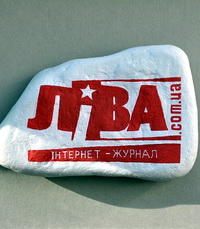
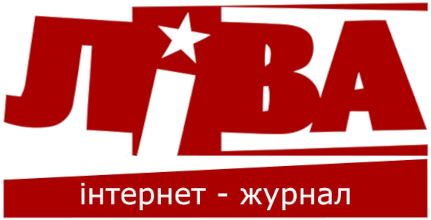










 RSS
RSS


